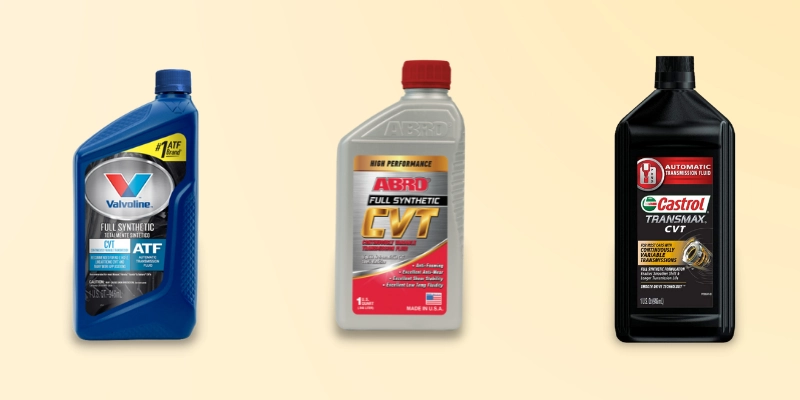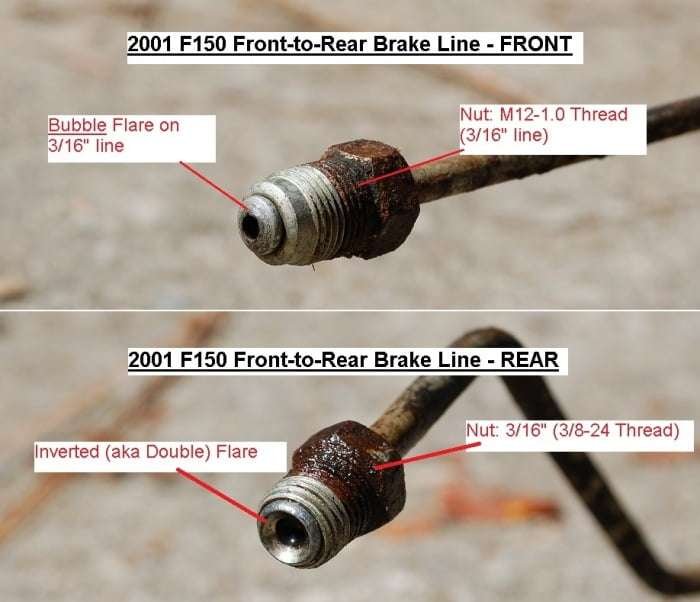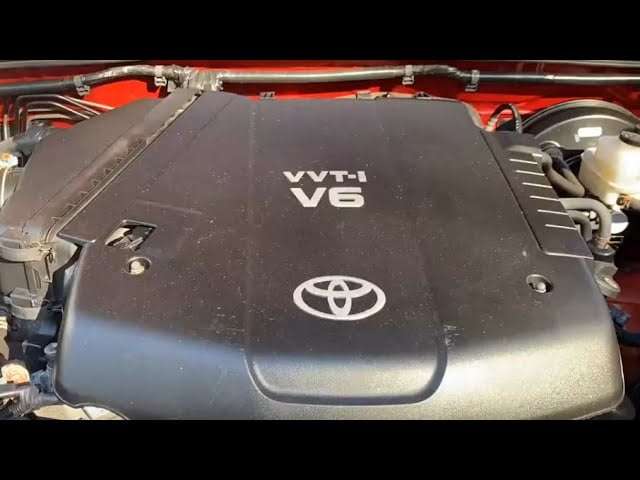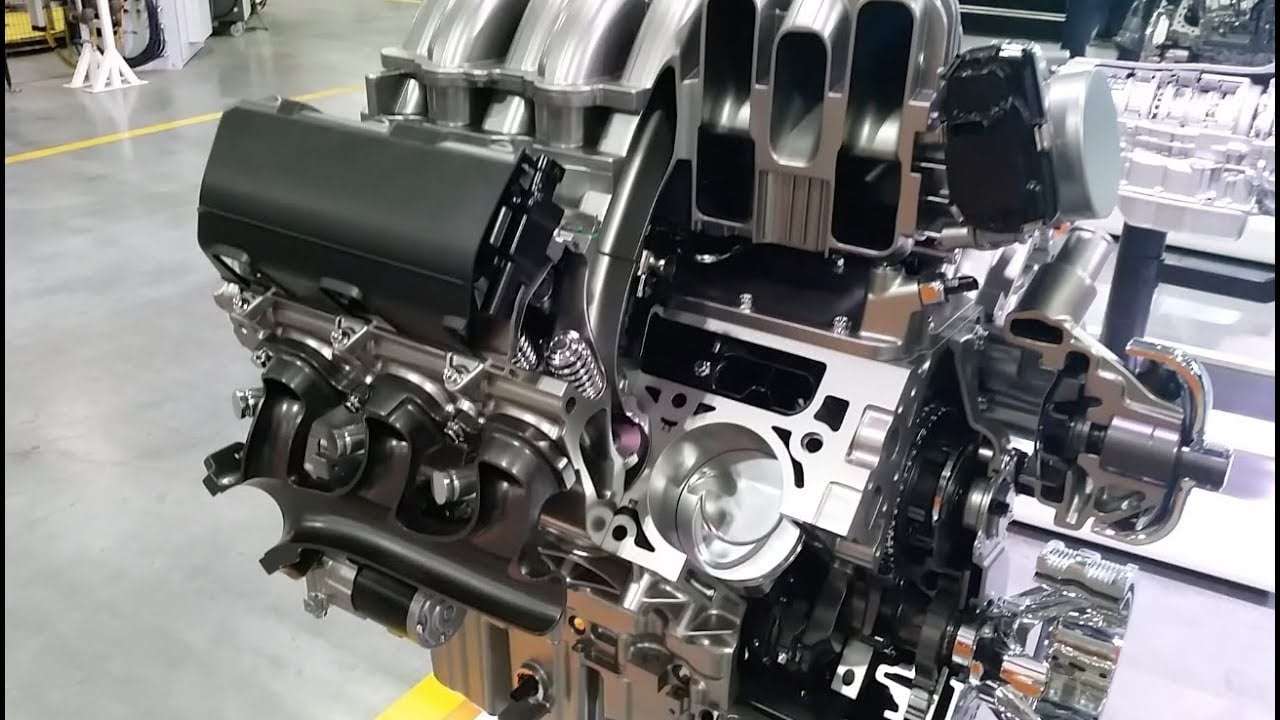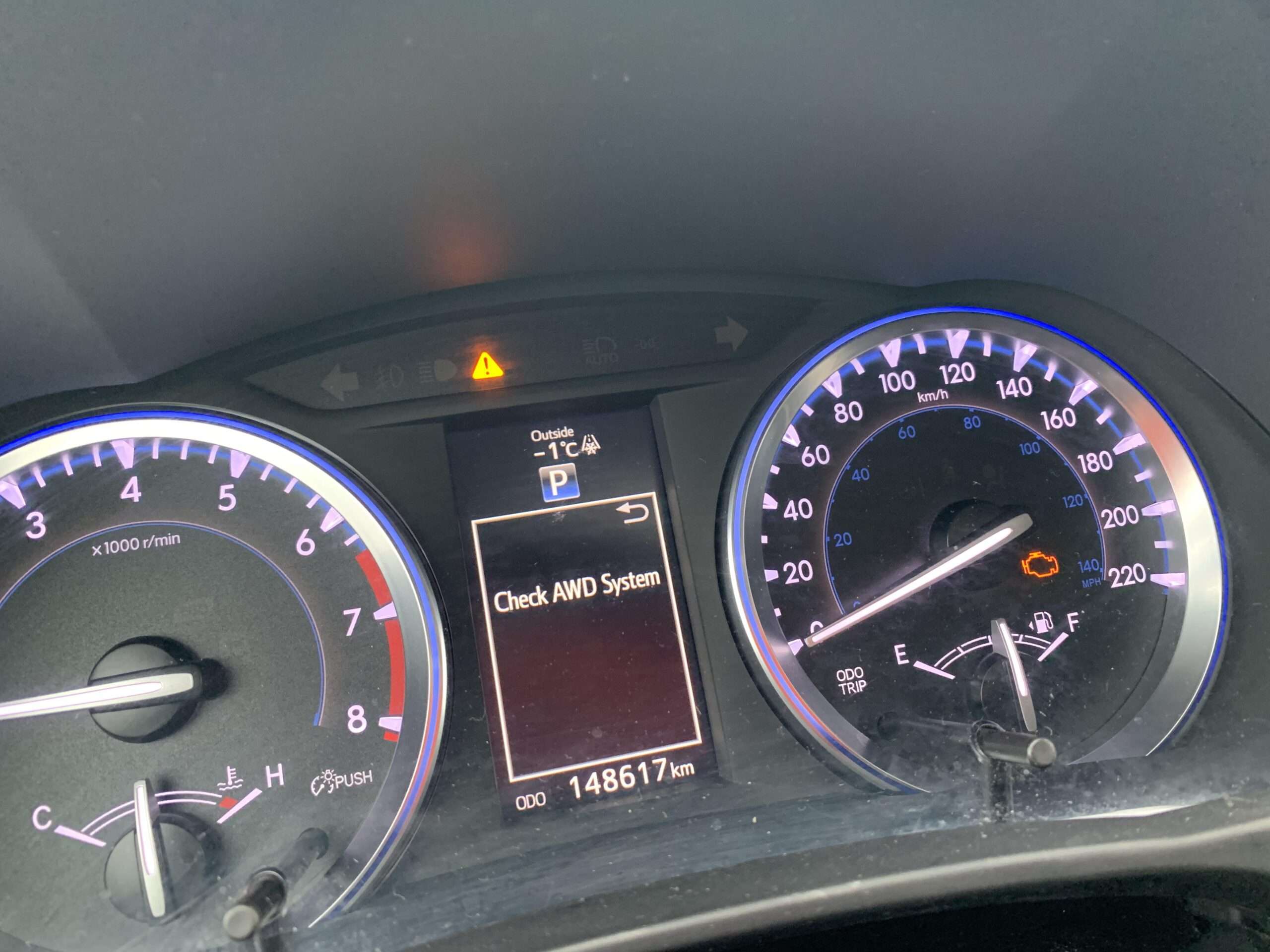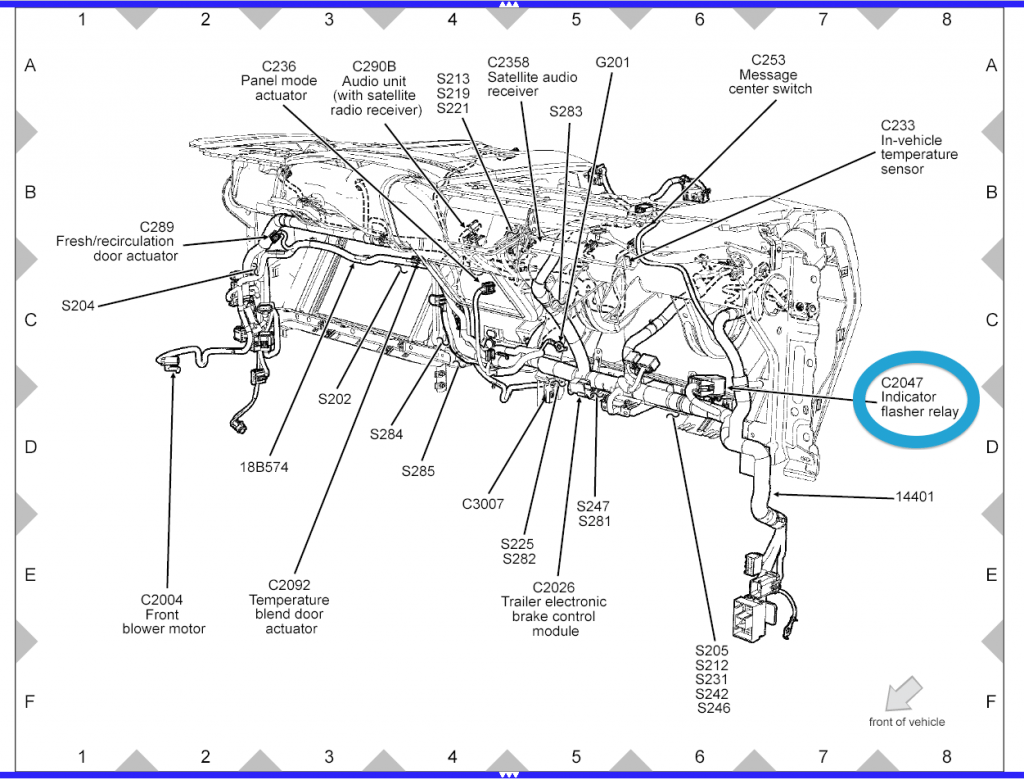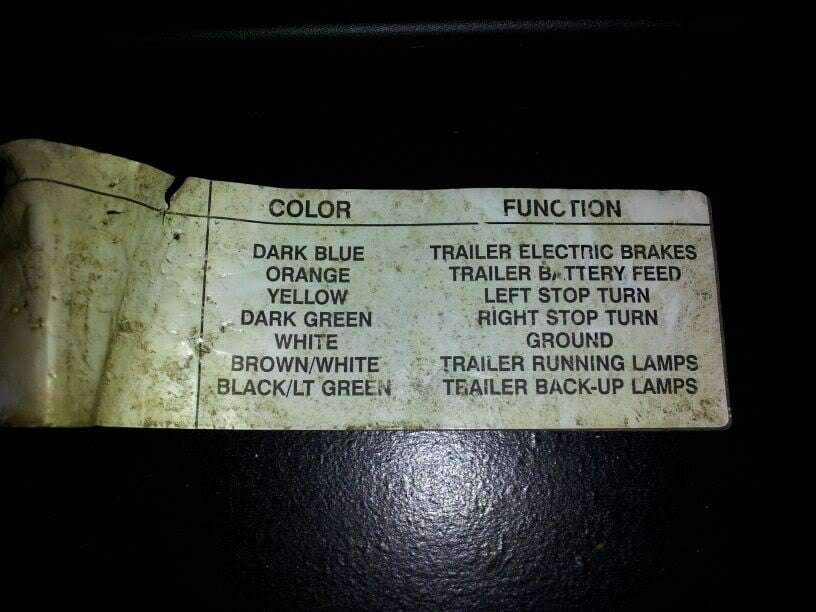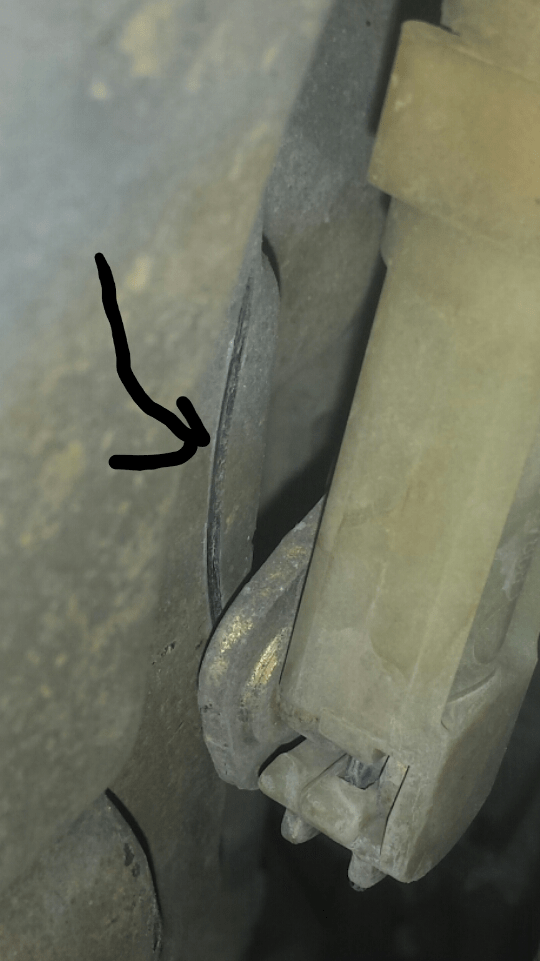Cars owners continuously face the challenge of maintaining their cars to ensure that the vehicle does not break down suddenly, resulting in unexpected repairs.
As the famous saying reads, Prevention is better than cure. It is cheaper to maintain a car from going bad than to fix a damaged component.
Sometimes, when a car or any of its components goes bad, the cost of fixing it can be overwhelming.
The expectation of this article is to make you understand how to maintain your car’s (CVT) transmission using any of the best CVT transmission fluids to be unveiled below.
[amazon box=”B008QDU3FA,B074MC8GS7,B00T96Q956,B006Z8WOIM,B000TX75GU” template=”table”]
What is a CVT transmission?
A continuously variable transmission (CVT) is a transmission that seamlessly changes automatically through a consistent gear ratio range. It is different from other transmissions that operate in fixed steps and possess a limited range of gear ratios.
Before buying a car, it is essential to decide whether to get a car with CVT or not. This is strongly dependent on whether you would like a car with gears or one without gears.
Vehicles with automatic transmissions operate by relying on gears, but CVTs don’t have gears at all. Their operation is based on a system of variable pulleys that are connected by a belt. Hence, it was nicknamed – pulley transmission.
Continuously Variable Transmissions are not recent inventions. However, motorists have not been so familiar with them, except in recent times. In 1958, DAF 600 small sedan built in the Netherlands was the first mass-produced car to use variable transmission (CVT) continuously.
In 2003, Nissan launched their Murano crossover with a CVT. After that, Nissan began to manufacture many of its vehicles with CVT. They include; Maxima, Versa, Sentra, Murano Altima, and Rouge.
CVT is also common with other vehicle brands such as BMW Minis, Mitsubishi Lancers, Audi A4 models, select Honda Civic Hybrids, Mercedes Benz Class Bs, Jeep Compass, and Patriot some Toyota models, etc.
The application of CVTs is most likely suitable for smaller cars than for big vehicles.
Comparing CVT to conventional sealed automatic transmissions that can run for up to 100,000 kilometers or more before requiring maintenance, CVT car users would need proactive maintenance to prevent any possible damage.
The maintenance may require frequent changing of the transmission fluid.
What is CVA? How does it affect my CVT Transmission?
The CVT (Continuously Variable Transmission) is a type of automatic transmission found in some cars. It has two main components: a hydraulic pump and a clutch. This system allows the driver to change gears without having to shift manually.
CVA stands for Continuous Valve Actuation. It is a method of controlling the pressure applied to the clutch during gear changes. This helps reduce wear and tear on the clutch plate.
Transmission fluid
The transmission fluid in a CVT car is likened to the blood in the human body. The transmission fluid is the blood of the transmission of your vehicle. Your car would stop running without the fluid.
Following your vehicle’s manufacturer’s manual, you would have to change both the transmission fluid and the filter at recommended intervals.
Purpose of transmission fluid
CVT fluid plays a very critical role in the proper functioning of your car. Knowing the purposes will help you appreciate it better.
The following are the purpose of the transmission fluid;
- It keeps the transmission lubricated and clean.
- It helps cool the whole transmission system.
- It regulates gear changes by serving as the hydraulic element in the transmission.
There is so much friction within the transmission. The transmission mechanisms are orchestrated to work with the highest capacity of the transmission fluid.
When the fluid level goes down, the friction is less productive, this could result in damage.
Heat is the primary enemy of CVT. Heat can break the fluid down over a period, and it becomes unable to lubricate the system effectively.
The effect is that more pressure will be exerted on the transmission so that it works harder to pump fluid through the filter. Therefore, your car requires CVT fluid for transmission.
Types of CVT transmission fluid
There are two categories of CVT transmission fluid. They are:
- Universal CVT transmission fluid
Universal CVT transmission fluid is designed for use in a variety of vehicles. They are usually less expensive than those specifically designed for a particular car make.
- Vehicle-specific CVT transmission fluid
Some vehicle manufacturers produce and sell CVT transmission fluids specific for a particular vehicle make and model. In some cases, it could be for certain kinds of models and vehicle makes.
Some vehicle-specific CVT transmission fluid brands can be used by vehicles of two or three manufacturers but cannot work for others. A typical example is the CVT transmission fluid manufactured by JATCO for Nissan, Suzuki, Jeep, Mitsubishi, and Infinity.
Benefits of CVT transmission fluid
Just as blood is essential to the human body, CVT transmission fluid is vital for the smooth running of your CVT-fitted car.
The following are some significant benefits of CVT transmission fluid.
- Topnotch efficiency: Using an excellent CVT transmission fluid would ensure that the friction on the belt does not jiggle but remain consistent. It also provides protection against damages resulting from corrosion and wearing and the sustenance of low-temperature fluidity and viscosity.
- Lubrication of transmission: The engine of CVT vehicles runs efficiently via a belt drive. The CVT fluid provides adequate lubrication on the steel and other composite material made belt for transmission.
- Stress-free and worry-free drive: Your vehicle needs to be in perfect condition while you drive. Applying the CVT fluid for proper maintenance would provide peace of mind, knowing that your car can’t break down suddenly.
The following are some of the best CVT transmission fluids.
Best CVT Transmission Additive
CVT stands for Continuously Variable Transmission. This transmission essentially substitutes gears for belt-driven pulleys in a more conventional automatic transmission.
CVTs have proved extremely useful in extremely low-speed applications, including all-terrain vehicles and motorcycles, where traditional transmissions would not function. CVTs can also improve fuel economy and aid in the reduction of CO2 emissions.
1. Valvoline CVT Full Synthetic Continuously Variable Transmission Fluid
[amazon fields=”B008QDU3FA” value=”thumb” image=”1″ image_size=”large” image_align=”center”]
[amazon fields=”B008QDU3FA” button_text=”Check Latest Price” value=”button”]
Valvoline’s CVT fluid is one of the best CVT transmission fluids. It is a full synthetic CVT fluid made for most newer transmission vehicles.
The CVT fluid is unique in its features, including metal-to-metal protection, modification of long-life friction, anti-wear additives, excellent synthetic base stocks, and modification of shear-stable viscosity.
It provides anti-jiggling durability, anti-wear, and wet-clutch performance. It can flow excellently at low temperatures, and it provides higher protection at high temperatures. It does not void a new car warranty, and it is not very expensive, as in the case of OEM fluid.
Although, the challenge with this fluid is that it doesn’t effectively support the transmission in Ford hybrid and Toyota CVT vehicles. It also emits a very strong odour.
Pros
- It is made with premium synthetic base stocks
- It works better in most belt and chain-driven CV transmission
- It has long-life friction modifiers
- Its anti-wear and wet clutch performance is superior
Cons
- It is not suitable for Ford hybrid and Toyota transmissions.
2. Nissan Genuine OEM CVT-2 Transmission Fluid 999MP-NS200P
[amazon fields=”B074MC8GS7″ value=”thumb” image=”1″ image_size=”large” image_align=”center”]
[amazon fields=”B074MC8GS7″ button_text=”Check Latest Price” value=”button”]
Genuine Nissan OEM CVT-2 transmission fluid is an excellent CVT fluid for Nissan car owners. The Japanese automobile manufacturer directly produces it, so you can’t enjoy better performance with any other fluid if you own a Nissan.
The fluid is made with the capacity to provide your transmission protection against jiggling, whining, and slipping. It doesn’t have any challenges, as it is one of the OEM fluids that are not so expensive. But it is designed solely for Nissan car owners.
Therefore, it may not perform excellently in vehicles from any other manufacturers. If you own a car other than a Nissan product, it is advisable you check out any other CVT fluid for your transmission.
Pros
- It is easy to use
- It maintains adequate pressure in the weather
- It has a fluidity of low temperature for smooth shifting
- It consists of unique advanced additives and friction modifiers to ensure price and stable operation
Cons
- It is costlier than other CVT transmission fluids
- It is made to work efficiently with Nissan transmission vehicles
3. Castrol 06811 Transmax ATF Black CVT Transmission Fluid
[amazon fields=”B00T96Q956″ value=”thumb” image=”1″ image_size=”large” image_align=”center”]
[amazon fields=”B00T96Q956″ button_text=”Check Latest Price” value=”button”]
The Castrol CVT fluid is made for some Daihatsu, Nissan, Subaru, Mazda, Hyundai, Mitsubishi, Mini Cooper, Chrysler, Ford, and Toyota vehicles. It is formulated with a full-synthetic base oil, and it uses smooth drive technology.
This fluid has very high friction durability for smooth driving. It provides protection against chain or belt slippage through its excellent variation torque.
The major setback with the Castrol CVT fluid is that it may not be suitable for all the vehicles that have been recommended, which can result in shifting. It is also said that during shipping, the fluid leaks. You should ensure that this fluid is suitable for your vehicle before use.
Pros
- It can be used in a different range of vehicles.
- It provides excellent variation torque capacity that prevents chain or belt slippage.
- It is more suitable for cars with push-belt transmissions.
- Its superior high-temperature protection helps to resist oxidation.
Cons
- It could void the warranty of some vehicles.
4. Genuine Honda Fluid 08200-9006 CVT-1 Continuously Variable Transmission Fluid
[amazon fields=”B006Z8WOIM” value=”thumb” image=”1″ image_size=”large” image_align=”center”]
[amazon fields=”B006Z8WOIM” button_text=”Check Latest Price” value=”button”]
OEM products are unique in their make-up. It is a guarantee for specific kinds of vehicles.
Genuine Honda Continuously Variable Transmission Fluid is designed with the following advanced features; excellent protection against wear and shuddering, reduction of friction, maximization of service life, and getting sludge out of the transmission.
If you are a Honda car user, choosing this fluid is the perfect decision for your car transmission.
Honda CVT fluid is suitable for Honda car owners. The major challenge of this fluid is that it is specifically designed for Honda vehicles.
It is also very expensive compared to other CVT fluids, especially those in the universal fluid category.
Pros
- It is specially designed for Honda vehicles with CV transmissions.
- It provides better fluidity at very low (cold) temperatures for easier starting.
- It delivers long-lasting oxidation resistance, extended drain intervals, and minimal deposits.
Cons
- It is intended for use only in first-generation CV transmission Honda vehicles.
5. Genuine Mopar Fluid 5191184AA CVTF+4 Transmission Fluid
[amazon fields=”B000TX75GU” value=”thumb” image=”1″ image_size=”large” image_align=”center”]
[amazon fields=”B000TX75GU” button_text=”Check Latest Price” value=”button”]
The Mopar CVT fluid is a CVT transmission fluid uniquely formulated for constant variable transmission in PM/MK body-compact vehicles. It weighs 0.59 kg (32 Oz) with 9 x 4.4 x 2.5 inches dimensions.
It is suitable for users of Chrysler, Dodge, Ram, or Jeep vehicles that are CVT-fitted. The fluid can engender efficient performance in the listed vehicles.
It offers smoother shifting in low temperatures and can maintain adequate pressure in high temperatures or hot weather. If you own a Chrysler or any of the other vehicles listed above, the Mopar CVTF+4 transmission fluid would be the best choice you would have to make amongst other CVT transmission fluids.
It is also not very expensive, considering that it is an OEM application. The drawback of this fluid is that it is designed for specific vehicles – Chrysler-make vehicles.
Pros
- It is a high-quality CVT transmission fluid.
- It works efficiently for Chrysler, Dodge, Jeep, or Ram vehicles.
Cons
- It is designed mainly for a specific set of vehicles. Therefore, it may not be suitable for cars outside the list.
Prices of CVT Transmission Fluid
CVT transmission fluid price is not specific. It varies from product to product. The categorization of the types of CVT fluid is another factor to consider in its pricing.
Some CVT fluids are more expensive than others; usually, the specific CVT fluids are more expensive than the universal CVT fluids because the specific one is made essentially for a particular make or vehicle model.
There is hardly a possibility of using anyone that would not work efficiently in the recommended car make or model. But there is a probability of choosing a universal CVT fluid that may not be suitable for your vehicle’s make or model.
This challenge may result in damage to your CVT transmission or further damage to other components of your car.
However, CVT transmission fluid prices vary between $15 to $20 for a quart of CVT fluid and $50 to $70 for 6 quarts of CVT fluid.
Understanding your car model and how it has been designed to work is very important, especially for CVT transmission cars. Knowing the recommended CVT fluid for your vehicle, how often to change it, how to change it, and so on are vital.
However, changing a car’s CVT transmission fluid is not an easy task for DIYer, except such a person properly understands the process. Therefore, avoid damaging your vehicle or any of its components; it is advisable to consult a professional mechanic to carry out the function rather than doing it yourself.
How do I know if my CVT transmission is going bad?
The following are some warning signs to look out for in order to know when your CVT transmission is going bad so that you can quickly fix the issue.
- Transmission slips: This happens when the engine revs fast, but there is an incomplete power transfer to the car wheels. This occurrence can be very obvious once your CVT transmission begins to go bad.
- Delayed drive: Once a car’s transmission starts hesitating to engage a gear when switched to drive or reverse, it signifies that the transmission fluid is going bad and requires immediate attention.
- Vibration: When there is a malfunction in the transmission of your car, it also reveals your vehicle’s vibration, especially during high speed. This situation requires immediate mechanical attention so that the fault can be rectified as soon as possible.
Frequently Asked Questions
Does CVT transmission fluid need to be changed?
Endeavor to consult a professional mechanic who is skilled in changing CVT transmission fluid to operate. If you are also knowledgeable in carrying out the operation, you can do it.
What happens if CVT fluid is low?
How often should I change my CVT fluid?
Final thoughts
It is vital for people with CVT transmission-fitted cars to understand how the CVT transmission works and the best way to ensure proper maintenance for their vehicle.
Some of the best CVT transmission fluids have been highlighted and discussed in this article.
Sufficient information has been provided to enable car owners and mechanics to choose the product most suitable for their respective vehicles.
However, amongst all the CVT fluids listed above, Valvoline Continuously Variable Transmission Fluid ranks the best.
While this product is recommended, car owners should ensure to know the fluids recommended as most suitable for their vehicles.
Related Posts:
